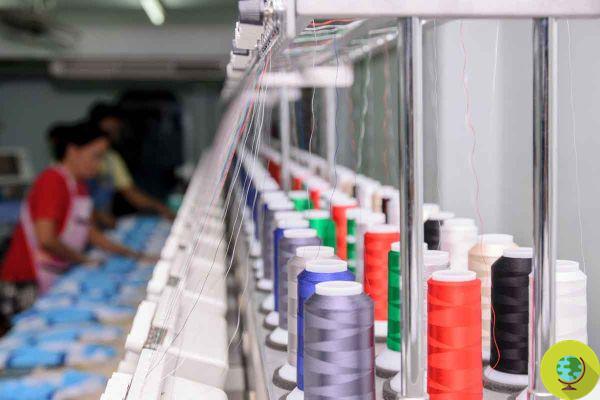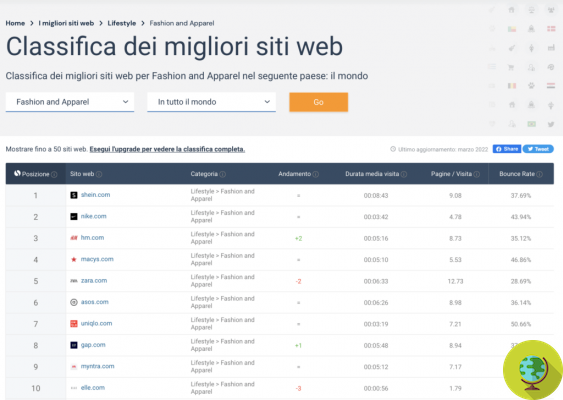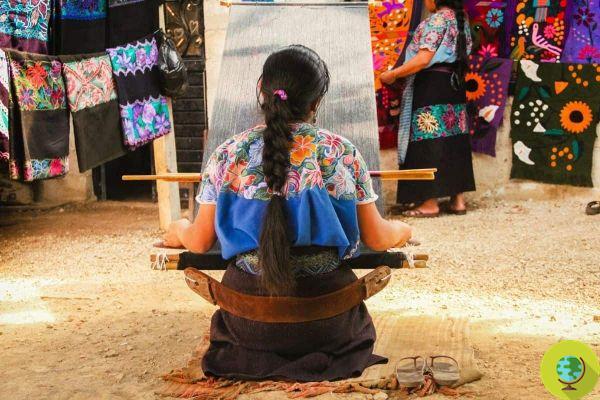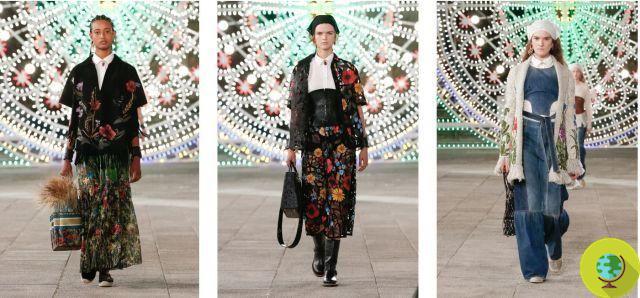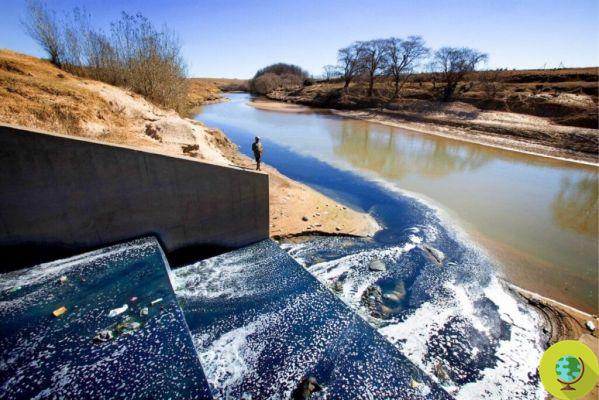
A new report accounts for the damage of fast fashion, showing how the blue used to dye jeans is 'coloring' African rivers
Don't store avocado like this: it's dangerousThe big fast fashion brands are contributing more and more to increasing pollution in every part of the globe. A new report released by Water Witness International shows that the blue used to dye our jeans is 'coloring' the African rivers.
Water Witness International (WWI) yesterday published a report on the tragic conditions of the rivers in Lesotho (South Africa) and Tanzania to highlight the damage caused by the fast fashion industry, one of the most polluting sectors in the world. The big low-cost fashion brands exploit the poorest territories on earth (Africa, but also Asia) to produce their poor quality clothing to then sell in the West - attracted by very cheap labor (often it is a real and their own slavery, which also involves very young children without any rights), the absence of environmental controls and advantageous fiscal conditions.
In the African continent, in particular, too little is being done to stem the damage of environmental pollution or for a more equitable distribution of water resources - which are exploited by industries, leaving the population 'dry' who does not have clean water to drink. or for the toilets. In these areas of the world, a radical change in the production processes of the fashion industry could really make a difference, but it must be the brands themselves and the investors who take the helm of the change.
(Read also: Greta Thunberg against fast-fashion and disposable fashion: stop greenwashing, we need a change in the system)
In Lesotho, WWI researchers found a river visibly polluted by the artificial colors used to dye denim fabrics. The Msimbazi river in Dar es Salaam (Tanzania) also shows worrying signs of pollution: from water samples collected near a textile industry, in fact, a pH of 12 (practically that of common bleach) emerged. These polluted waters are however used by local communities for food, irrigation of fields and hygiene practices.
The report reports 50 internationally renowned brands who produce or have produced their clothing in African countries (although it does not link the detected water pollution to any of these): among these, Zara, H&M, Mango, Calvin Klein, Levi's, Adidas and Reebok. The Zara brand has not provided any statements in this regard; H&M, on the other hand, confirmed the African origin of many products, but showed the numerous initiatives to ensure the sustainability of the brand and minimize pollution.
The textile sector undoubtedly offers important opportunities for growth and economic development to African nations, but these cannot repay the damage caused by pollution and the exploitation of human resources.
Follow us on Telegram | Instagram | Facebook | TikTok | Youtube
Fonte: Water Witness International
We also recommend:
- Fashion revolution week: it's time to ask ourselves where our clothes come from
- From orange scraps to cactus leatherette: sustainable fabrics made in Italy enchant by parading at the Imperial Forums
- The color of the rivers changes with the passage of time and indicates the health of the entire ecosystem
- Sustainable fashion cannot ignore the recycling of clothes. The new Greenpeace dossier





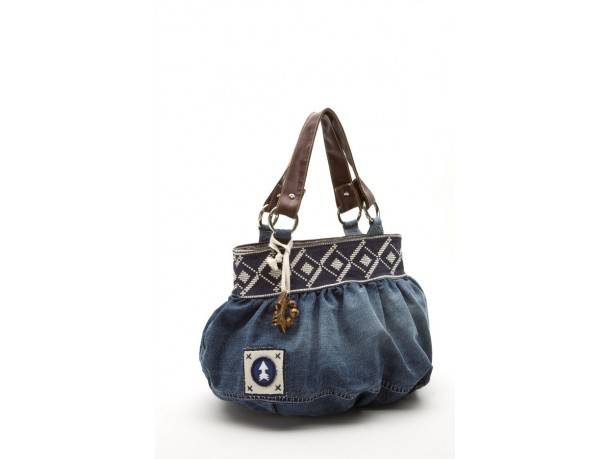




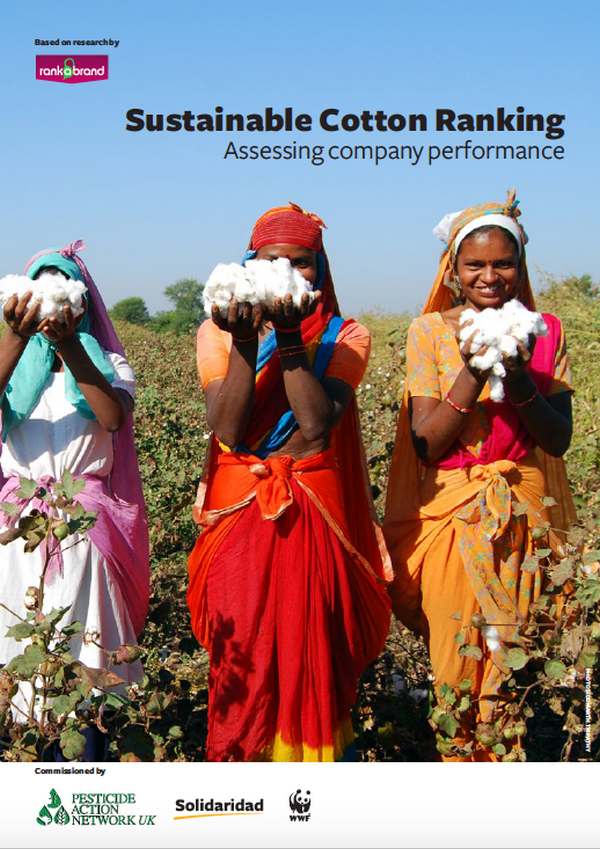
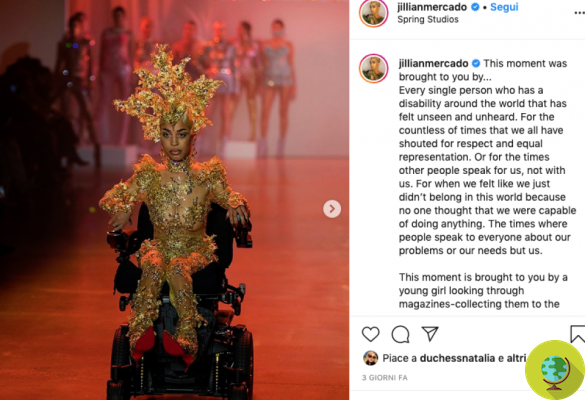
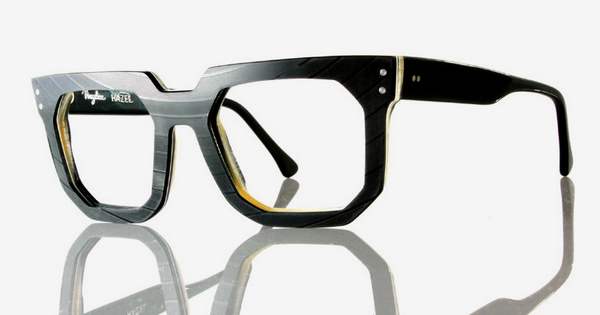
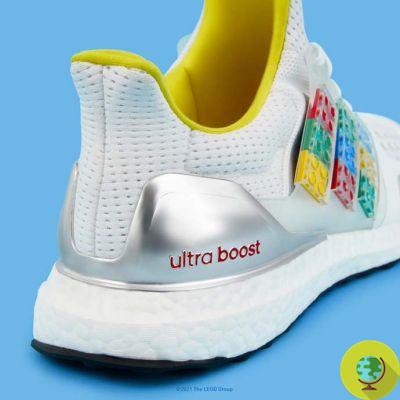

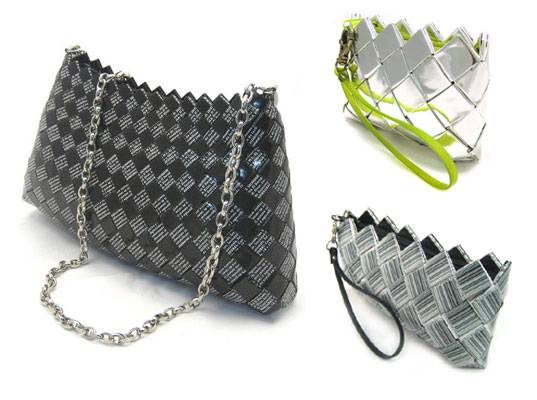

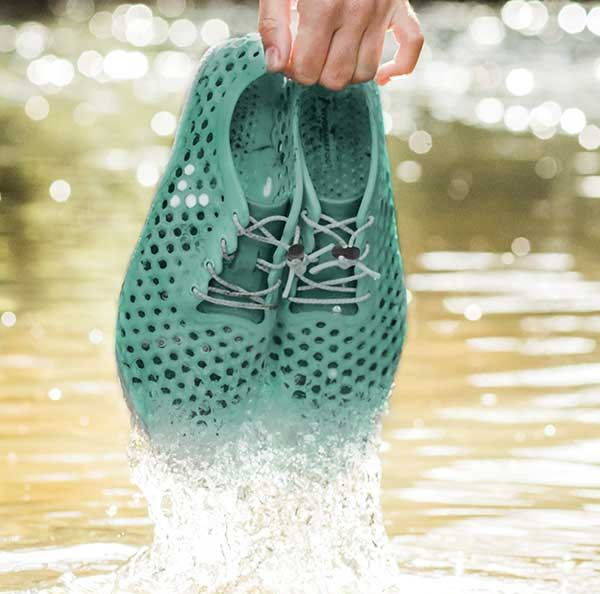
![Vivienne Westwood has a message for all the powerful ahead of COP26 [VIDEO]](/images/posts/221fa8f5dd2d21a4210e6b9071546b56-0.jpg)


